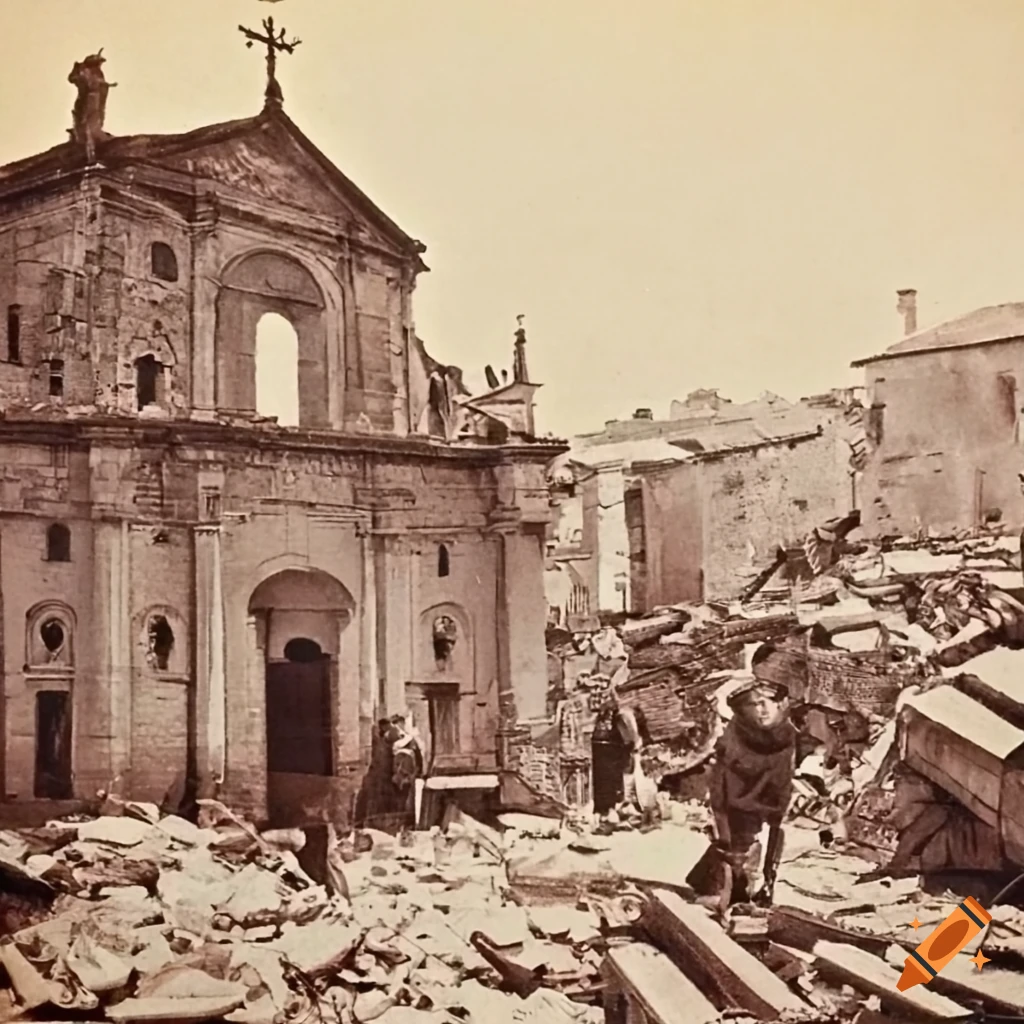No news updates; it's 4 a.m. over there, and perhaps this gentleman was tired:
X translation: "Disaster Desk Manager Shimakawa said, 'This may be a bit blunt, but we know there is a high probability that this information will be a false alarm. However, if a major earthquake were to occur without us being informed, people would say, 'I wish they had told us beforehand.' This information was launched to avoid that, so we want people to use it to their advantage and continue to spend the next week being safer.'"
It's such a tough situation for scientists and emergency managers because of the geological complexities. I think they did have to do this and not just because of the risk, however remote statistically, of a 2011-type event so close to Tokyo and the bay just funneling those tsunami in soon afterwards -- sobering thought.

There has also been a phenomenon just up the coast, offshore of Chiba Prefecture, called slow-slip seismicity. It's not unique to Japan: we have it in the Pacific Northwest; New Zealand's subduction-zone areas get them: etc.
As far as this layperson knows, SSE's (per Pacific NW Seismic Network and others) are not well understood. I've read that they might reduce stress on a plate boundary segment, making megathrust quakes less likely; that they might make the Big One more likely; and, of course, many that I let go because they were
way above my head.
However, back in March of this year people studying the Chiba SSE's and others
reportedly stated that one result of those quakes would likely be a M7-level quake in the Kanto region (greater Tokyo area) soon.
Instead, we've gotten one on the plate boundary.
What does it all mean?
??? but the experts who actually understand what is known of the issue's details are probably pulling all-nighters, too.
Meanwhile, what strikes me as possibly the best summary of this alert's positive effects was expressed in an unofficial Japanese
tweet that said, among other things (X translation): "So a week has little scientific meaning. If you are normally taking earthquake precautions, you can continue as usual. If you are not, please do so. This time. For now."
So -- wake-up call for some and reinforcement for other citizens that their earthquake preparation
is a good move.
And, hopefully, a quiet week and on into the foreseeable future for everybody.
There's going to be another big one here eventually, but hopefully not for
quite a while and in the meantime Japan (and a lot of volcanologists and emergency managers worldwide) have observed the first practical test of their planning, as well as more data to work within further research.
I hope that's all for now.




